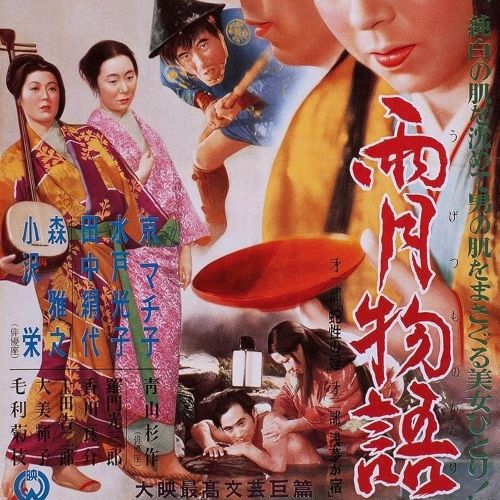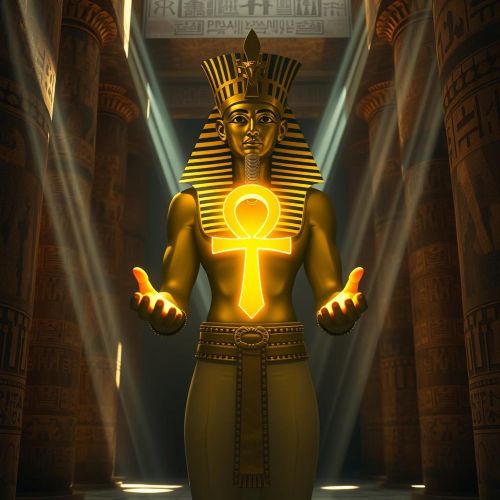What is tsubute and its relationship with Japanese God Daikokuten?
Daikokuten is a deity of Japanese mythology who is associated with wealth, prosperity, and good fortune. He is often depicted as a jovial figure with a wide smile, a large forehead, and a sack of treasure slung over his shoulder. Daikokuten is one of the Seven Lucky Gods of Japanese folklore, and he is widely worshipped in Japan as a god of business and commerce.
One of the most interesting aspects of Daikokuten’s mythology is his association with the practice of tsubute. Tsubute is a traditional Japanese game that involves throwing small objects at a target. The game is often played with beans, but it can also be played with other small objects such as stones or coins.
Tsubute has a long history in Japan, and it has been played for centuries as a form of entertainment and competition. In some regions of Japan, tsubute is still played as a traditional game during festivals and other celebrations.
However, tsubute is also closely linked to Daikokuten and his mythology. According to legend, Daikokuten was once a mortal man who became a god after he won a tsubute competition against the god of poverty, Jurojin.
In the story, Daikokuten and Jurojin are both vying for the hand of the goddess of fortune, Benzaiten. To determine which of them is worthy of her love, they agree to hold a tsubute competition. The winner will be granted the goddess’s favor and become a god.
Daikokuten and Jurojin both throw their tsubute at a target, but Daikokuten’s aim is true and he hits the bullseye. Jurojin, on the other hand, misses the target entirely. As a result, Daikokuten is declared the winner and is transformed into a god.
This story has become a popular motif in Japanese art, and many paintings and sculptures of Daikokuten and Jurojin depict them playing tsubute. In some depictions, Daikokuten is shown holding a tsubute in one hand and his sack of treasure in the other, emphasizing his connection to wealth and prosperity.
The practice of tsubute is also sometimes used as a form of divination in Japanese folklore. People will throw beans or other small objects at a target and interpret the results as a sign of good or bad luck. This practice is especially common during the Setsubun festival, which marks the beginning of spring in Japan.
In addition to its connection to Daikokuten, tsubute has also been used as a metaphor for the pursuit of success and prosperity in Japanese culture. Just as Daikokuten aimed his tsubute at the target and won the competition, people in Japan strive to achieve their goals and hit their targets in life.
Overall, the mythology of Daikokuten and the practice of tsubute are fascinating examples of how Japanese culture has incorporated ideas of wealth, prosperity, and good fortune into its folklore and traditions. Whether played as a game, used as a form of divination, or invoked as a metaphor for success, tsubute remains an important part of Japan’s cultural heritage. And for those seeking good luck and prosperity, worshipping Daikokuten and playing tsubute may be a fun and meaningful way to tap into the power of Japanese mythology.






